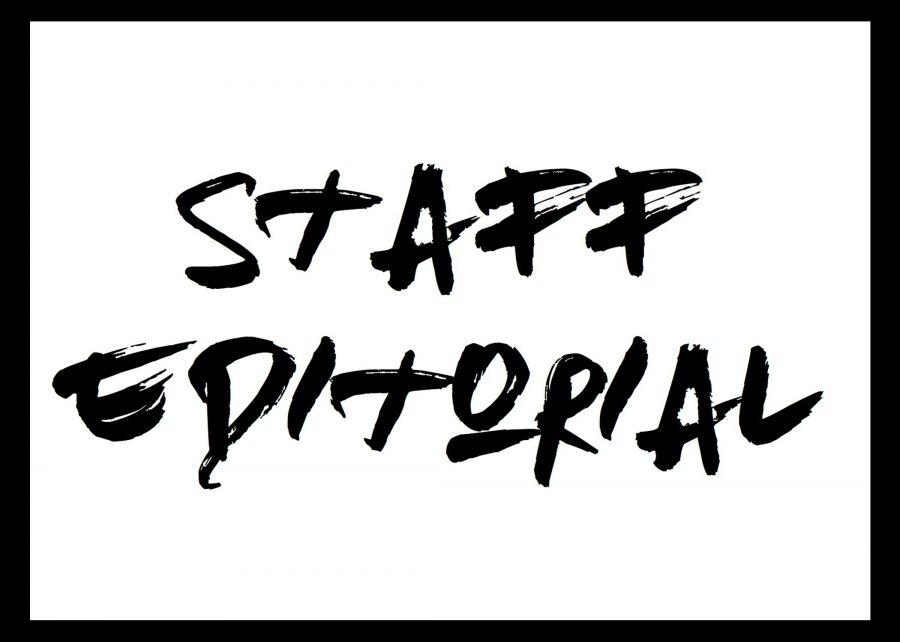Stress defines the college experience. Compared to back-stabbing high school pettiness or to fabled pre-med subversion at other institutions, our stress culture at Wellesley is best defined as supportive. As midterms and projects pile up and the treadmill of college rapidly speeds up, many of us experience increased stress levels; it’s worth noting that academic stress is impossible to avoid. While social and psychological pressures warrant help in whatever capacity is needed, we, as a community, should reconsider how we handle academic stress.
If stress defines the college experience, how can we redefine stress as an enjoyable experience? Or better yet, mitigate it enough and reform our coping mechanisms at Wellesley to better deal with it? If we view stress and talk about it as a negative, we are more likely to suffer its adverse side-effects. A 2012 study investigated perceptions around stress and found that people experiencing a great amount of stress during the previous year had a 43 percent increased risk of dying — but only if they believed stress is detrimental for their health. Surprisingly, similarly stressed individuals who did not believe stress was harmful had the lowest risk of dying.
As Kelly McGonigal, a health psychologist, asserted in her 2013 Ted Talk, “When you choose to view your stress response as helpful, you create the biology of courage. And when you choose to connect with others under stress, you can create resilience.” This perspective enables you to better trust yourself to handle life’s challenges. Many of us familiar with the public speaking of tactic to view nervousness as an energizer before making a presentation. We can also talk about stress in a similar way.
Instead of playing into the stress competition, we can all take an active approach in changing the language around stress. Instead of listing piling assignments and bemoaning our disappearing time, we can focus on how we will benefit from the assignments — both academically and interpersonally — and use our work as an opportunity to grow.
As Liana Davey wrote in the Harvard Business Review, we can manage stress by working towards a “Productive Range of Distress.” She argues that employees, and likely students, can experience a positive pressure without the negative consequences of stress. To assess stress levels, it’s crucial to ask how someone is doing and to observe for deviations from their normal behavior.
Likewise, our professional lives are negatively impacted by increased anxiety. For many, high stress levels can stifle creativity, or influence the outcome of crucial decisions. However, a lack of pressure can be unfortunate as well. Studies have shown that suboptimal stress levels “are often described by out-of-date habits and behaviors that produce subpar results.” It is clear that a well-balanced combination of eustress and distress will enable us to work at our highest potential.
We often think of our stress levels in extremes, believing that we are either overcommitted or regrettably calm. It is only at either end of the spectrum that we step back and consider our situations. In order to reach optimal stress levels, Davey suggests connecting our behaviors to critical outcomes, whether negative or positive. In doing so, we will naturally view our actions in relation to their consequences. Conversely, we should not elevate our stress levels if it is not necessary. Reducing stress through positive thinking, delegation and confidence will enable us to stay mindful during times of distress.
Consistent assessments of our normal stress levels, rather than just at extreme ends, can bolster personal performance and foster meaningful better growth. In addition, understanding that each of us manages stress differently is also crucial to understanding our circumstances.
Moreover, we fail to acknowledge the support systems we have here at Wellesley, both formal and informal. Although sentiments of exhaustion are present at every institution, we are fortunate that our stress culture is supportive rather than toxic. That is, when we express distress publicly, be it in person or on anonymous forums, our classmates are — for the most part — sympathetic, offering their time and kindness rather than ignoring our struggles. In this regard, we are arguably better off than other institutions.
We at Wellesley have a tendency to use stress culture as a form of validation, due in no small part to the patriarchal society in which we have been raised. Throughout our lives, we have been instilled with the notion that we must do more to achieve more, and, as a result, we tend to overburden ourselves. The cult of pressure that we have developed here is a product of the society we live in. We are firmly committed to using stress to validate and assert ourselves in this male dominated world. As a student body, we should be mindful of dramatizing our pressures to legitimize ourselves as women.







